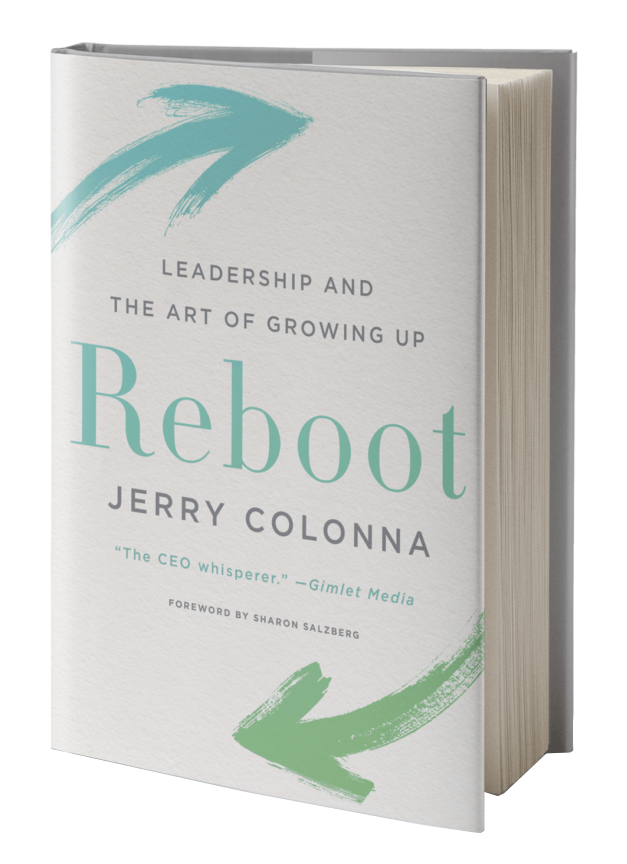All leadership traits aid the growth of an organization if those traits are brought to the surface, understood, and accepted. It’s when leaders attempt to suppress traits that chaos follows. There are more desirable traits (loyalty, curiosity, kindness) and less desirable traits (anger, frustration, jealousy), but all traits are essential to leadership.
Embracing All of Your Traits
Imagine having the opportunity to choose your traits. Most of us would pick the ones that we think are “good.” We would all be happy, loyal, humble, fair, and honest. Those traits look good on paper, but what a boring and uninventive world that would be. Fortunately, we cannot pick our traits.
Frustration, anger, confidence, and selfishness are often seen as bad traits. However, frustration and anger often lead to innovation (because if we are frustrated and angry enough, most of us will find our way out of that situation). Being confident can give us the courage to present new ideas and some selfishness arms us with the tools for self-care.
The key to using all traits to aid in organizational growth is to fully accept who we are. Once we do the dirty work, ask the tough questions, and face all of our traits, we can then sit back with the traits that our colleagues would love to be surrounded with: openness, acceptance, assuredness, and humility.
The Organizational Impact
It’s really the leader who ignores traits perceived as “bad” who suffers, and, in turn, causes whole organizations to suffer. This attempt at blocking out the traits we’d rather not notice tends to manifest as micro-managing, yelling, and contention. The toxic workplace is often run by a leader who has not only not grown up by facing personal baggage, but also refuses to do so.
Workplace toxicity begins with leadership and seeps throughout an organization until there is no innovation left. Given the tools to look inward (or reboot), a leader will begin to cultivate an environment largely left to teamwork. But this takes work. It takes the willingness to face every part of oneself, including the traits we’d rather not think about.
None of us are perfect. We all come with darkness and light, good and bad, happiness and sadness. The combination of the imperfect is what makes us all human. However, many of us are essentially half-human because we choose to ignore many of our parts. There is no perfect leadership ideal to strive for; this is an illusion projected and perpetuated by others.
If you want to be a good leader or hire a leader that will help propel an organization forward, look for one that is imperfect. Be or find a leader that exudes human qualities (the ones we all share) – this is often a person who has taken the time for radical self-inquiry.
Originally published on Quora.
 Leadership and the Art of Growing Up
Leadership and the Art of Growing Up
One of the start-up world’s most in-demand executive coaches—hailed as the “CEO Whisperer”—reveals why radical self-inquiry is critical to professional success and healthy relationships in all realms of life.

